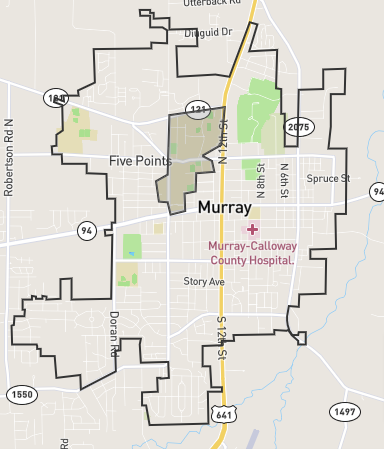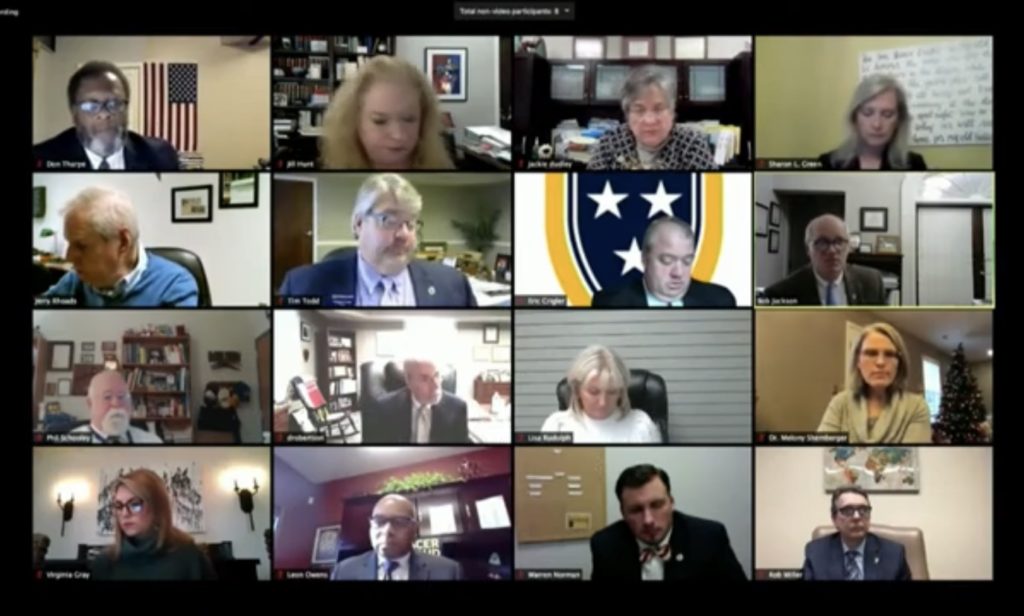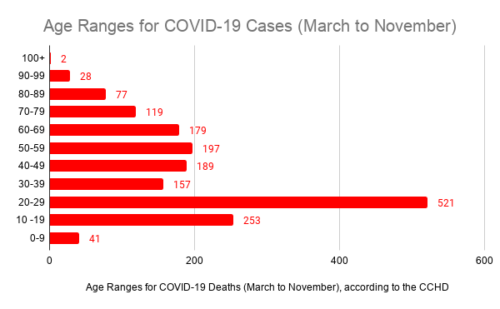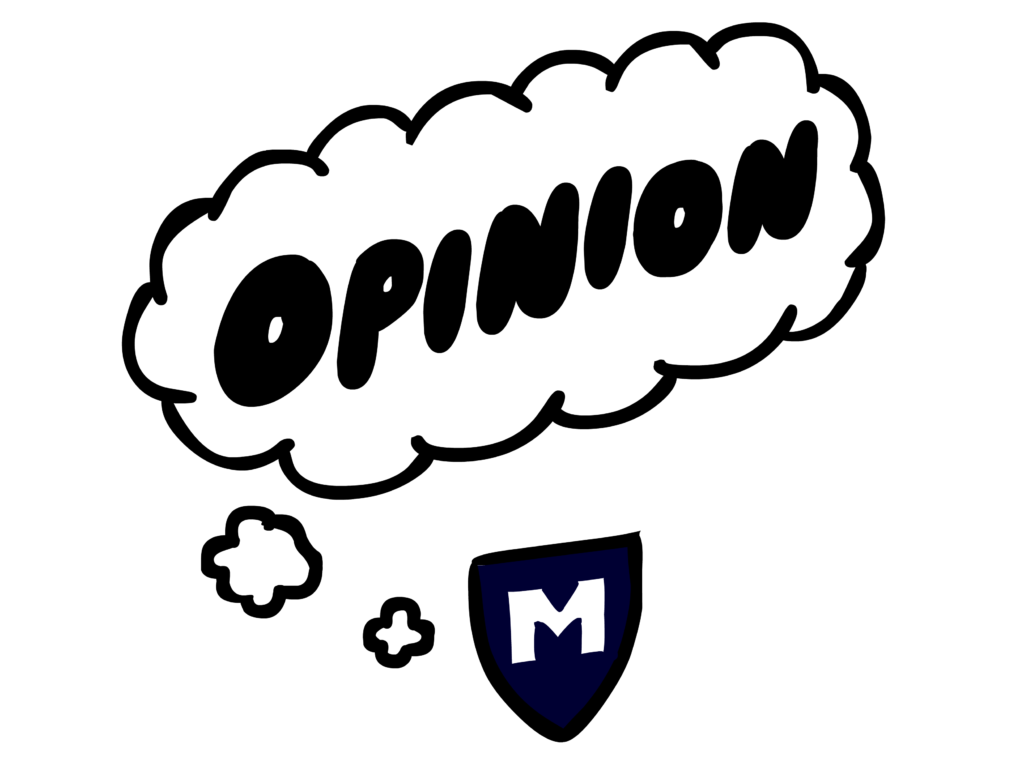
Students are encouraged to use Kentucky’s Medical Amnesty law if they think someone has alcohol poisoning.
“Drunk or dying? You make the call”; that’s the slogan for Aware. Awake. Alive., a nonprofit organization that educates people about the dangers of alcohol and the medical Amnesty law.
More than 15 states have a Medical Amnesty law that grants a limited legal immunity to intoxicated minors who seek medical attention for themselves or another person.
Robert Bringhurst, captain of operations for Public Safety and Emergency Management, said in Kentucky the Good Samaritan law relates to civil liability.
“That’s why when they passed this law they called it Medical Amnesty, not Good Samaritan, because it doesn’t negate any civil responsibilities,” Bringhurst said. “Each state determines what it uses for definition as far as civil and criminal laws. Kentucky only recognizes Good Samaritan policies in cases where there is a possible civil liability.
“As far as the Kentucky law goes, it’s basically if you stop along the roadway to help an injured person you won’t be held civically liable if that person still dies unless you do something negligent.”
Serah Waweru, junior from Florissant, Mo., said she thinks Medical Amnesty is an important law to have, especially on a college campus.
“I don’t advocate for underage drinking,” Waweru said. “With that being said, this is important and helpful for underage drinkers to know. If I didn’t know this and my friend was in trouble, my first thought would ben ‘crap, we’ll get in trouble.’”
Waweru said she thinks the knowledge of the law would prevent overdose, alcohol poisoning and death.
David DeVoss, chief of the Murray State Police, said there is a difference between Good Samaritan and Medical Amnesty that students need to know about.
“If there is a wreck and you help them out of the car before it burns but they sue you because you hurt their neck getting them out of the car, in good faith you acted to try to help them,” DeVoss said. “That’s Good Samaritan.”
Bringhurst said the purpose of Medical Amnesty is to reduce caller hesitation caused by fear of legal action.
“If someone needs to seek medical attention for a person who is suffering from alcohol poisoning we hope they would call us,” Bringhurst said.
Medical Amnesty only has a single level of protection. The call must be for medical assistance due to alcohol consumption and the victim or caller is only immune from criminal prosecution for certain alcohol-related crimes.
The individual could still face University sanctions and civil liabilities.
Bringhurst said Murray State students usually have called for assistance to a person suffering from alcohol poisoning.
He also said he thinks students who have been drinking alcohol would have the tendency to lose their instinctive fear of the police.
“They develop a fear of University or parental sanctions if they are caught,” he said.
Bringhurst said the priority of Public Safety has always been to provide medical assistance to a person over criminal enforcement.
Story by Meghann Anderson, News Editor
































































































